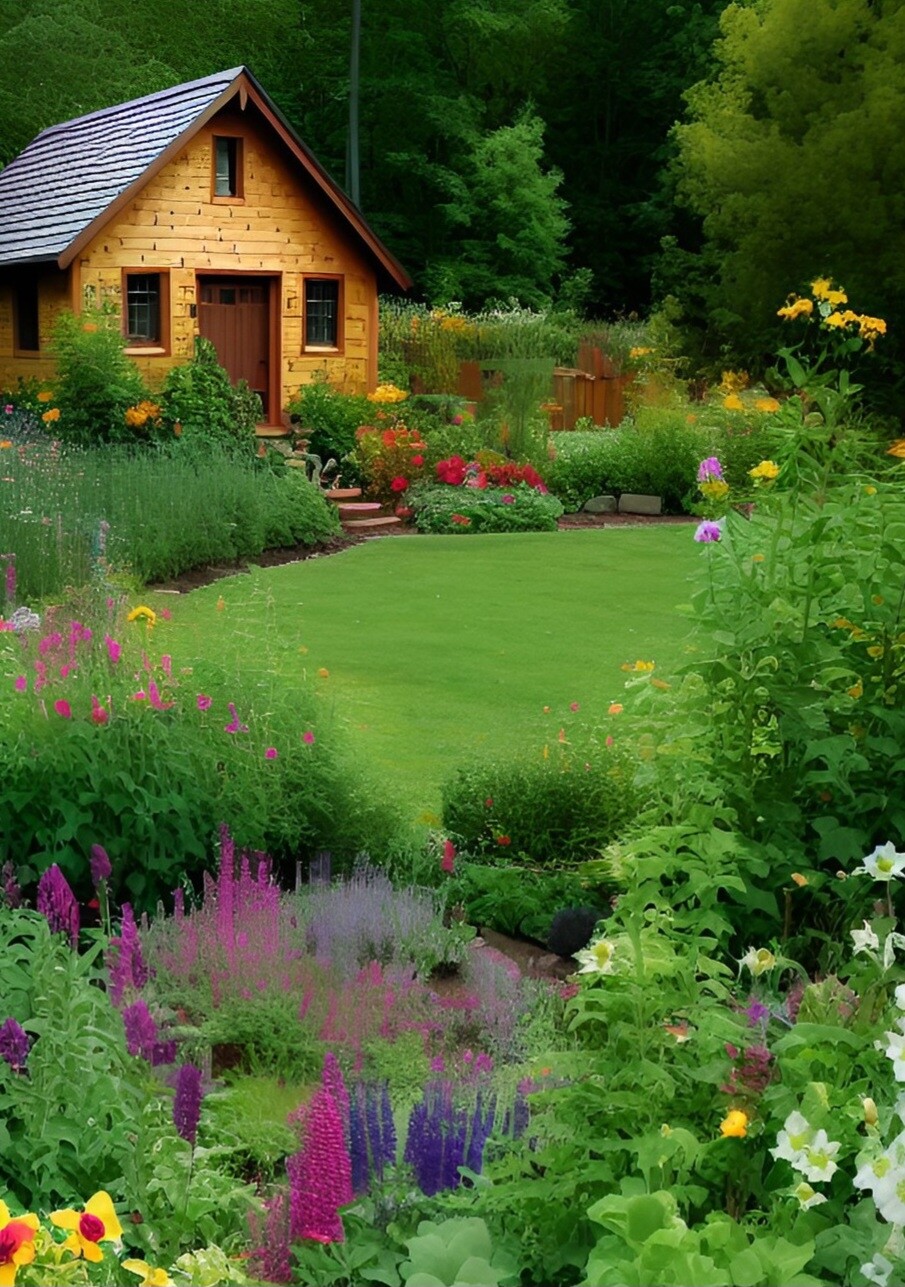What is Permaculture/Food Forest Gardening?
Permaculture, or permanent agriculture, focuses on working with nature to create a self-sustaining ecosystem in the garden. It relies on natural cycles and energy efficiency rather than chemical fertilizers and pesticides. By utilizing practices such as mulching, composting, water conservation, crop rotation and intercropping, permaculture gardening can help to improve soil health, conserve water and reduce the use of chemical fertilizers.
In permaculture gardens, organic methods are used to grow plants while preserving the environment. Plants are chosen based on their ability to work together in the landscape—meaning they complement each other by providing shade, attracting beneficial insects and offering habitat for wildlife. Plant guilds are created to help encourage healthy ecosystems within the garden space. Gardeners also focus on diversity—planting a variety of vegetables and herbs throughout the year for a continuous supply of food for their families.
One of the main tenets of permaculture is mimicking natural ecosystems in order to create a self-sustaining ecosystem. This involves understanding how different elements interact in order to maximize their benefits. Examples of this include companion planting, vertical gardening, terracing, and other creative methods that reduce weeds while creating habitats for beneficial wildlife such as pollinators. Additionally, permaculture utilizes recycled materials, native plants, renewable energy sources, rainwater harvesting systems, composting methods and more in order to promote efficient resource usage and sustainable outcomes.
Overall, permaculture gardening offers numerous benefits such as creating an environmentally friendly garden; improving soil quality; conserving water; reducing chemical use; promoting biodiversity; increasing plant yields; creating habitat for pollinators; reducing labor inputs; decreasing waste production; and saving money in the long run. With its combination of ecology and efficiency, it is no wonder that permaculture has gained popularity amongst many modern-day gardeners!
